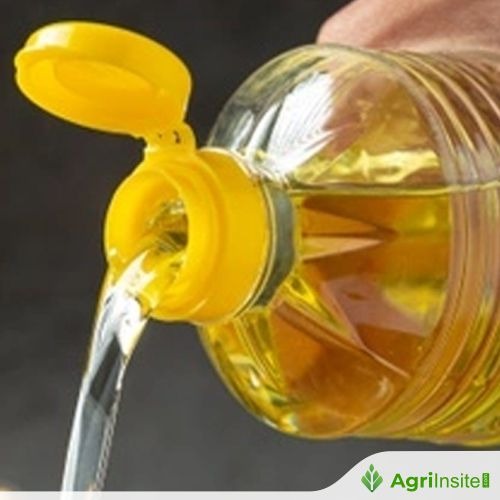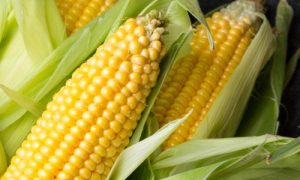As edible oil, pulses import duty slashed, farmers say ‘we are getting hit’

Soyabean farmers like Ramesh Patil in Maharashtra are bracing for losses as market prices (₹4,200/quintal) remain below the MSP (₹5,328). The government’s recent import duty cut on crude edible oils—from 27.5% to 16.5%—aims to curb inflation but further depresses oilseed prices. Farmer leaders say these steps benefit consumers before elections but leave producers financially vulnerable.
Even before he started sowing, Ramesh Patil knew his upcoming soyabean crop will add to his growing list of losses. Patil a farmer from Chakur taluka of Latur district, points to the present wholesale prices – Rs 4,200/quintal as against the old government minimum support price (MSP) of Rs 4,893. “If this is the trend – do you think the new MSP of Rs 5,328 will ever be achieved?” he exclaimed. However, Patil will still go ahead and sow soyabean on his 4 acre. “what other options do we have?” he said.
On May 30, the central government reduced the import duty of crude edible oils to 10 per cent. This, the central government said, was done to reduce the price of edible oil and ensure capacity utilisation of domestic refineries. The total import duty of crude oils, after factoring in other duties, is now 16.5 per cent as against the earlier 27.5 per cent.
But for farmers like Patil, this news is anything but good news. This will be the second year in a row when soyabean traded below its MSP with majority of farmers having to sell their produce at a loss. The present move to reduce the duty comes as edible oil prices range between Rs 186.31/litre (mustard oil) to Rs 133.07 (palm oil). Mustard oil (Rs 170.81), sunflower oil (Rs161.74) and soyabean oil (Rs 147.11) are also trading at higher than usual prices. The Price Monitoring Cell (PMC) of the Department of Consumer Affairs shows that across the nation prices of edible oil have increased by 4-5 per cent over the last 6 months.
Farm activist Vijay Jawandhiya however claims the present duty correction has more to do with the upcoming elections in Bihar than domestic prices. “The trend is old and too frequent to miss. Before any elections, the central government takes steps to ensure prices of essential commodities are in the lower ranges,” he said. Jawandhiya pointed to the manner in which onion export was banned for the better part of 2024 to ensure domestic prices are under control. “It was the same in 2021 – when post covid edible oil prices had touched Rs 200/litre- back then the government had reduced the import duty of 5 per cent to ensure more availability,” he said.
Regarding the free import of yellow peas, Anil Ghanwant — leader of farmer union Shetkari Sanghtana — pointed out how the government was importing yellow peas even when the country has a good stock. “All this is being done to reduce inflation – but in the process farmers are getting hit,” he said. Ghanwant said while controlling inflation is necessary for winning elections, it is done at the expense of farmers. “We have stopped engaging with the government – its always the farmer who has to bear the bill,” he said.
To Read more about Edible Oil News continue reading Agriinsite.com
Source : The Indian Express














